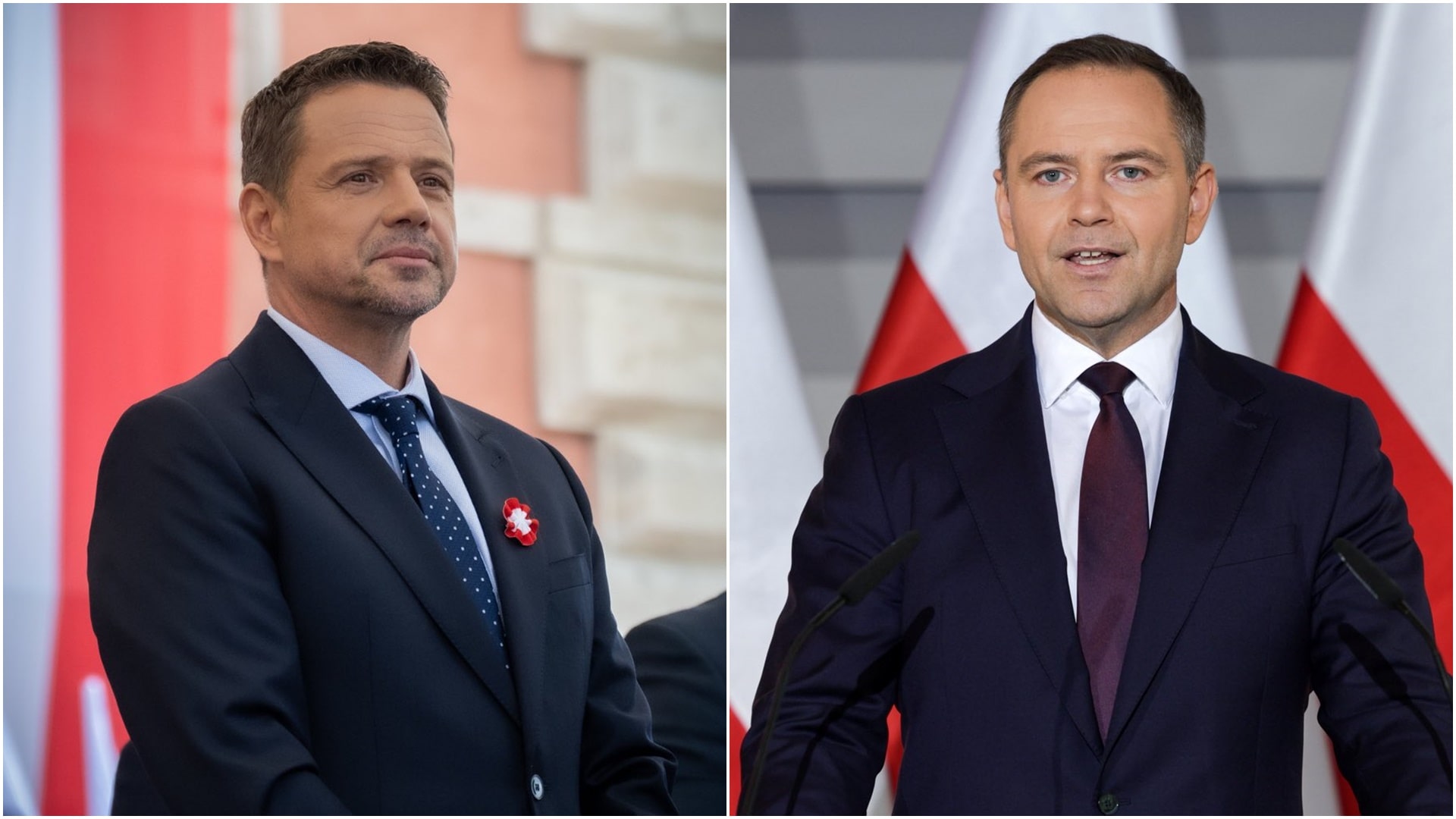On April 21, 2025, the world mourned the passing of Pope Francis, a spiritual leader who reshaped the modern Catholic Church with humility, compassion, and an unrelenting commitment to the marginalized.
Born as Jorge Mario Bergoglio on December 17, 1936, in Buenos Aires, Argentina, Pope Francis emerged from humble beginnings. The son of Italian immigrants, he grew up in a modest home, surrounded by the bustling life of Buenos Aires. Early on, Bergoglio developed a deep sense of empathy for the struggles of ordinary people — an empathy that would later define his entire papacy.
Before entering the seminary, young Jorge studied chemistry and even worked as a bouncer to support himself. But his true calling pulled him into the Society of Jesus — the Jesuit order — where he embraced a life of spiritual discipline, intellectual rigor, and social engagement. His Jesuit background imbued him with a global perspective and a deep commitment to social justice.
In 2013, following the historic resignation of Pope Benedict XVI, the world was introduced to Pope Francis — the first pope from the Americas, the first Jesuit pope, and the first to take the name Francis, inspired by Saint Francis of Assisi, the saint of poverty, peace, and nature.
His Legacy in Moments and Words:
A Church of the Poor
Pope Francis tirelessly called for a Church that served the most vulnerable:
“I want a Church which is poor and for the poor.”
(Evangelii Gaudium, 2013)
He himself lived this example — choosing modest apartments, traveling in simple vehicles, and greeting all people with open arms.
Mercy and Forgiveness
Francis reminded the world that forgiveness is not a weakness but a profound strength:
“God never tires of forgiving us; we are the ones who tire of seeking His mercy.”
(First Angelus, 2013)
His Year of Mercy (2015–2016) rekindled this timeless message across every continent.
Dialogue Across Divides
In a divided world, he extended a hand to other faiths and to those outside the Church:
“Dialogue is born from an attitude of respect for the other person, from a conviction that the other person has something good to say.”
(Address in Tirana, Albania, 2014)
From signing peace declarations with Muslim leaders to rebuilding Catholic-Jewish relations, his actions matched his words.
Care for Our Common Home
Francis became a prophetic voice on climate change, urging global responsibility:
“The Earth, our home, is beginning to look more and more like an immense pile of filth.”
(Laudato Si’, 2015)
He spoke not as a politician, but as a pastor who saw the cry of the Earth and the cry of the poor as intertwined.
Synodality and Reform
Perhaps most importantly, he called the Church to listen more deeply:
“Let us journey together, the laity and the pastors, to renew the Church and the world.”
(Opening of the Synod on the Family, 2014)
He initiated processes that empowered local churches, encouraged open discussions, and signaled a shift from centralized decision-making.
The Future of the Church After Francis
The Catholic Church now stands at a pivotal crossroads. Pope Francis’s legacy has opened doors to discussions once unimaginable: the role of women in leadership, greater involvement of the laity, compassion toward LGBTQ+ communities, and global advocacy for justice and peace.
The next pope will inherit a Church that is more global, more inclusive, and more connected to the real sufferings of humanity — but also facing immense challenges: rising secularization, political instability, and profound moral dilemmas.
Yet, if the spirit of Pope Francis lives on — the spirit of a Church that goes out into the streets, that listens, that heals — then there is hope.
As Francis once said:
“Hope speaks to us of a thirst, an aspiration, a longing for a life of fulfillment, a desire to achieve great things, things that fill our heart and lift our spirit to lofty realities like truth, goodness, and beauty, justice and love.”
(Homily, Palm Sunday, 2016)
Rest in peace, Papa Francesco.
Your journey has ended, but your light continues to guide us.





